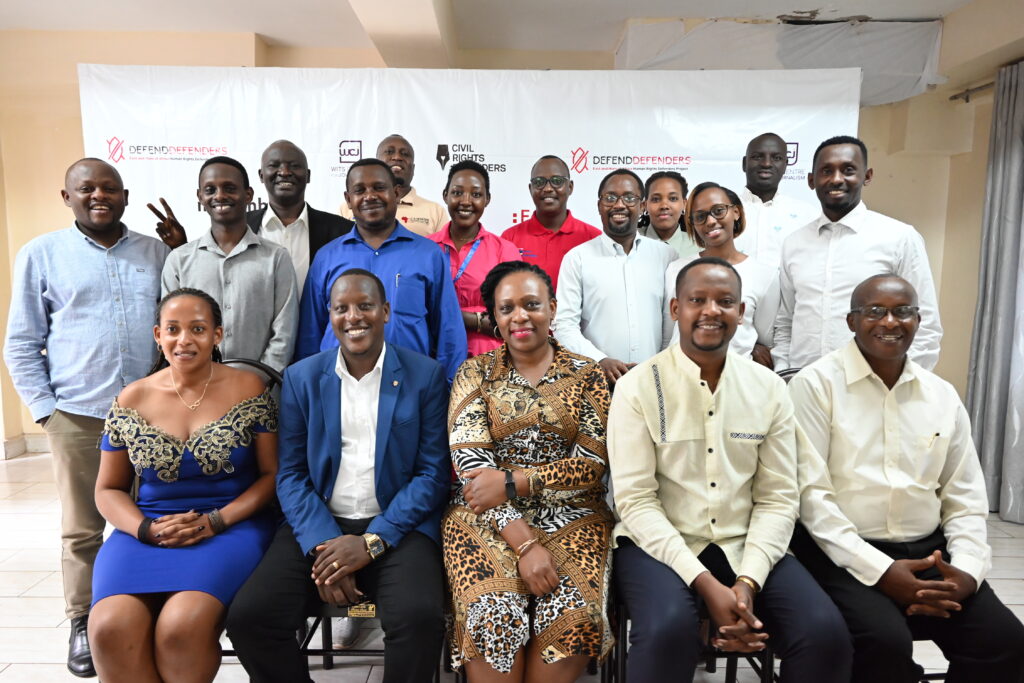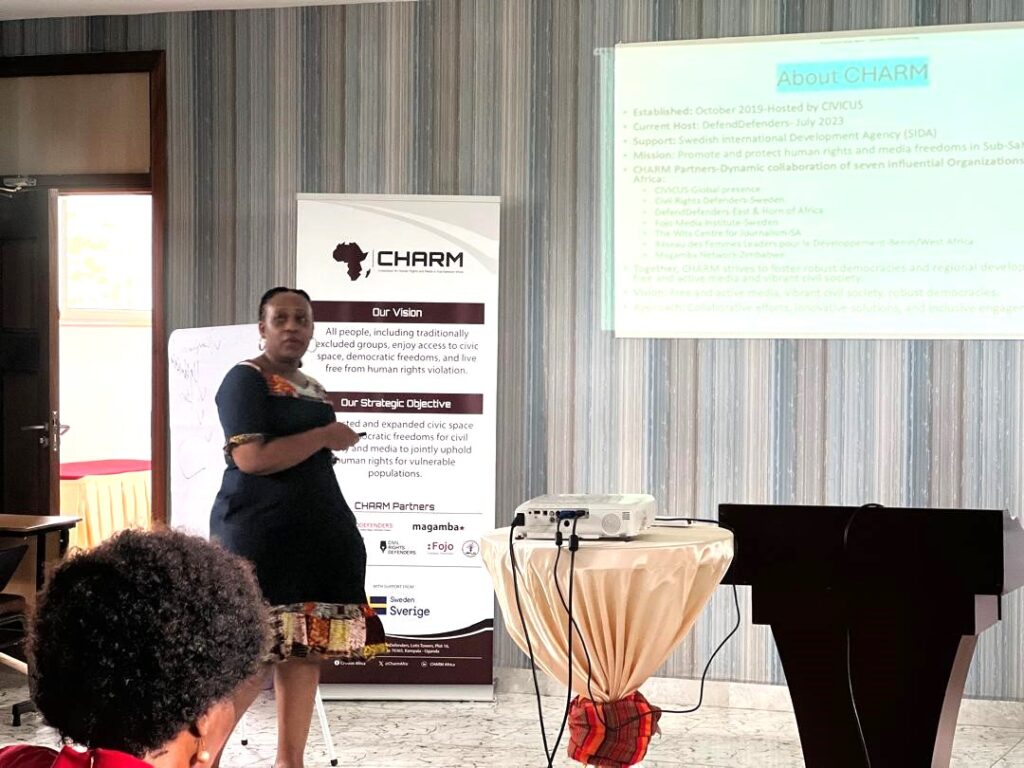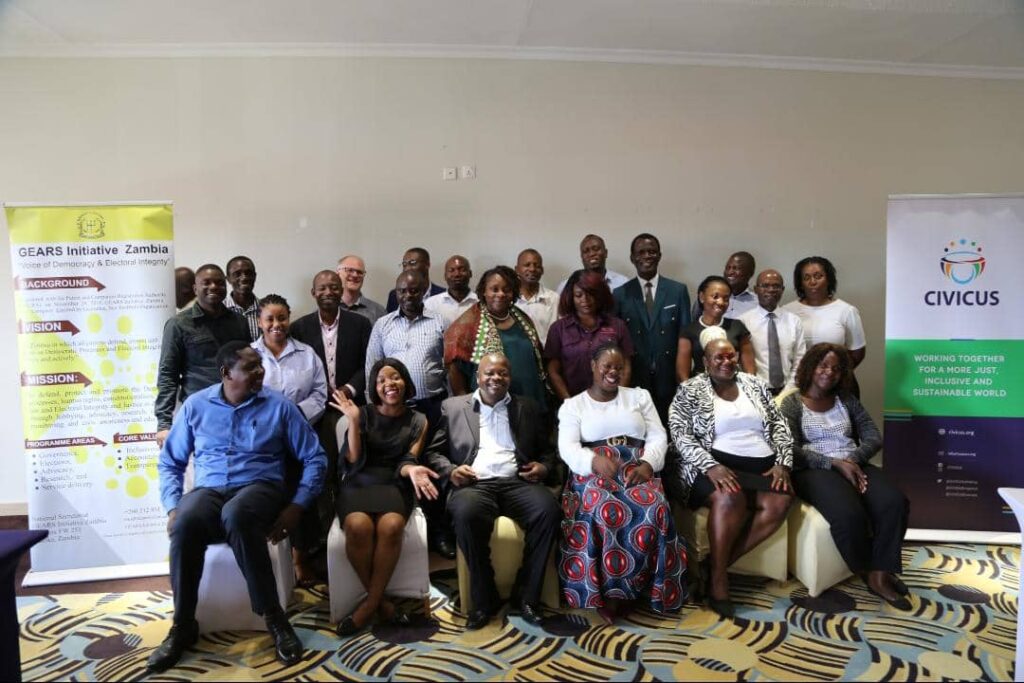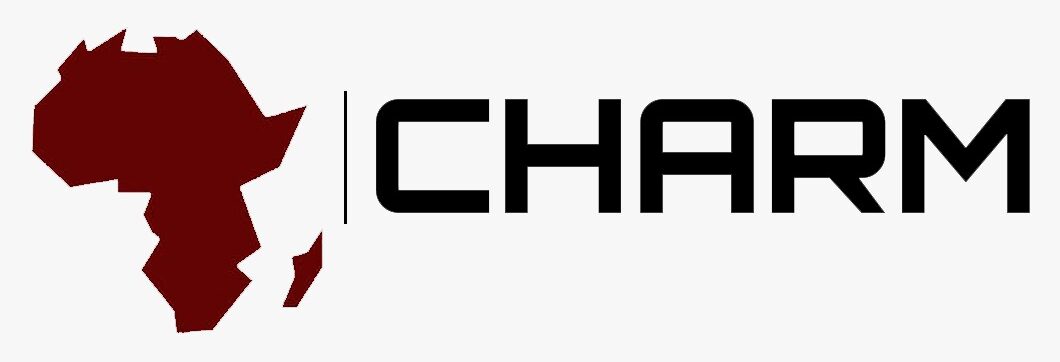Advancing regional collaboration: CIVICUS carries the mantle for the UPR Process

Members of the Rwanda Universal Peer Review Coalition and the CHARM Coordination team met in Kigali, where they discussed on the impact of the UPR process since its inception in Rwanda.
By CHARM Team
Regional collaboration has always been a key component in the fight for an improved civic space across Africa. Organizations that present a united front in raising awareness on issues around the human rights instruments, have often spoken in one voice, drawing the attention of key international and regional government bodies.
CIVICUS World Alliance for Citizen Participation has spearheaded various campaigns around this, especially in relation to the Universal Peer review process (UPR). In Kigali, Rwanda, CIVICUS funding to the Civic Rights and Democracy (CRD) played an integral role in the formation of Rwanda UPR Coalition Civic Space, that has a total of 20 members, 15 drawn from the CSOs and 5 media organizations. Since its inception, the coalition has carried out awareness campaigns, radio debates, TV workshops on the freedom of expression aspect. The coalition also provided inputs on the UPR roadmaps from the Ministry of Justice (MOJ), convened meetings with members on advocacy around Freedom of Association (FOA) and particularly NGO registration.

CHARM Coordinator Maria Kaddu makes a presentation at a training session of Human Rights Defenders (HRDs) who had gathered in Naivasha, Kenya, to assess the progress of the UPR process.
Key also is the ability to gather Human Rights Defenders (HRDs) from across the region to discuss matters of the UPR processes. A case in point was in June 2024, where HRDs drawn from Kenya, Uganda, Burundi, South Africa, and Rwanda gathered in Naivasha, Kenya, for a training session on the Universal Periodic Review (UPR) process. Championed by CIVICUS, the Centre for Minority Rights Development (CEMIRIDE), and DefendDefenders under the CHARM consortium, the training aimed to enhance the HRDs’ advocacy skills and deepen their understanding of the UPR process. It provided comprehensive knowledge about the UPR process, including preparation, submission, and follow-up on recommendations. Experts shared best practices and strategies for effective advocacy, ensuring participants gained actionable insights and skills to implement UPR recommendations in their respective countries.

Stakeholders in Zambia pose for a photo after a stakeholder meeting to analyze the impact of CHARMs partnership, through CIVICUS, in the realization of the Access to Information Bill, 2023. Through GEARS, partners were able to engage with regional and international instruments that promote and uphold human rights.
In Zambia, CIVICUS supported GEARS and other partners to engage with regional and international mechanisms, including ACHPR, UN Human Rights Council, where key advocacy initiatives were held, such as side events, lobbying, and statement presentations, to highlight the civic space situation in Zambia. This played a key role in the passing of the Access to Information Bill, 2023, that provides every citizen the right to request unclassified information from the government on any issue of public interest.
Through CHARM, spearheading the UPR process ensures that citizens can be able to enjoy their fundamental freedom. It also has ensured the expansion of the Civic space, as it provides an opportunity for citizens across sub-Saharan region to read, understand and analyze issues in their context. Most importantly, they can now question their government, especially in areas where there is violation of human rights and hold them accountable for their deeds. This, in its own way, plays a very huge role in ensuring a just society exists.
Ends
